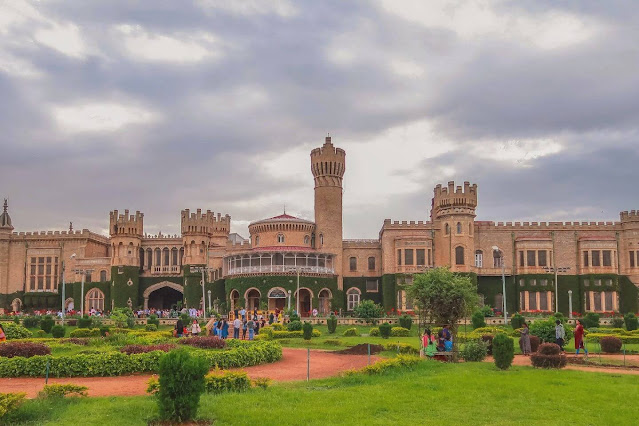THE ZONES OF CORBETT NATIONAL PARK
Corbett National Park,
located in the Indian state of Uttarakhand, is one of the oldest and most
prestigious national parks in the country. Established in 1936, it was
initially known as Hailey National Park and later renamed in honor of Jim
Corbett, the legendary hunter, naturalist, and author of the famous book
"The Man-Eaters of Kumaon." The park spans across the districts of
Nainital and Pauri Garhwal in the foothills of the Himalayas, covering an area
of around 520 square kilometers.
Corbett National Park is
divided into five distinct zones, each with its unique characteristics,
biodiversity, and landscapes. These zones are designated for different
purposes, including wildlife conservation, ecotourism, and research. The five
zones of Corbett National Park are:
Dhikala Zone:
The Dhikala Zone is one of
the most popular and picturesque areas of Corbett National Park. It is situated
in the core area of the park and offers a diverse range of habitats, including
grasslands, dense forests, and the Ramganga River. Dhikala is known for its
abundant wildlife, including elephants, tigers, spotted deer, sambar deer, and
various species of birds. The zone is open to tourists from mid-November to
mid-June, and visitors can explore the area through jeep safaris and elephant
safaris. The Dhikala Forest Rest House, located in the heart of the zone,
provides accommodation for those seeking an immersive experience in the
wilderness.
Jhirna Zone:
The Jhirna Zone is another
significant part of Corbett National Park, characterized by its dense
vegetation and diverse flora and fauna. This zone was initially a farming area
but was later integrated into the national park to provide additional space for
wildlife. Jhirna is open throughout the year for visitors, and jeep safaris are
the primary mode of exploration. The zone is home to a variety of wildlife,
including leopards, deer, langurs, and a plethora of bird species. The Jhirna
Forest Rest House offers accommodation for those looking to spend more time in
this serene environment.
Bijrani Zone:
The Bijrani Zone is known
for its open grasslands, mixed forests, and a network of streams. It is one of
the most visited areas of Corbett National Park, attracting wildlife
enthusiasts and nature lovers. Bijrani is home to a diverse range of wildlife,
including tigers, elephants, wild boars, and several species of deer. The zone
is open to visitors from mid-October to mid-June, and jeep safaris are the main
mode of exploration. The Bijrani Forest Rest House provides accommodation for
those wanting to stay in close proximity to nature.
Durga Devi Zone:
The Durga Devi Zone is
situated in the northeastern part of Corbett National Park and is known for its
hilly terrain, riverine vegetation, and diverse wildlife. The Durga Devi
temple, after which the zone is named, is an ancient temple located on the
banks of the Durga Devi River. This zone is famous for its birdwatching
opportunities, and visitors may spot a variety of avian species, including the
crested kingfisher and the red-billed blue magpie. The Durga Devi Zone is open
from November to June, and jeep safaris are the recommended way to explore the
area.
Dhela Zone:
The Dhela Zone is the latest
addition to Corbett National Park, providing a buffer to the southern boundary
of the reserve. It is known for its grasslands and mixed deciduous forests. The
Dhela Zone is open to visitors throughout the year, and jeep safaris are the
primary means of exploring the area. Wildlife enthusiasts can encounter
elephants, leopards, and various bird species in this zone. The Dhela Forest
Rest House offers accommodation for those seeking a tranquil stay amid nature.
Each of these zones
contributes to the overall biodiversity and conservation efforts of Corbett
National Park. Visitors can witness the beauty of the park while respecting the
guidelines and regulations in place to ensure the well-being of the flora and
fauna. The park serves as a








Comments
Post a Comment